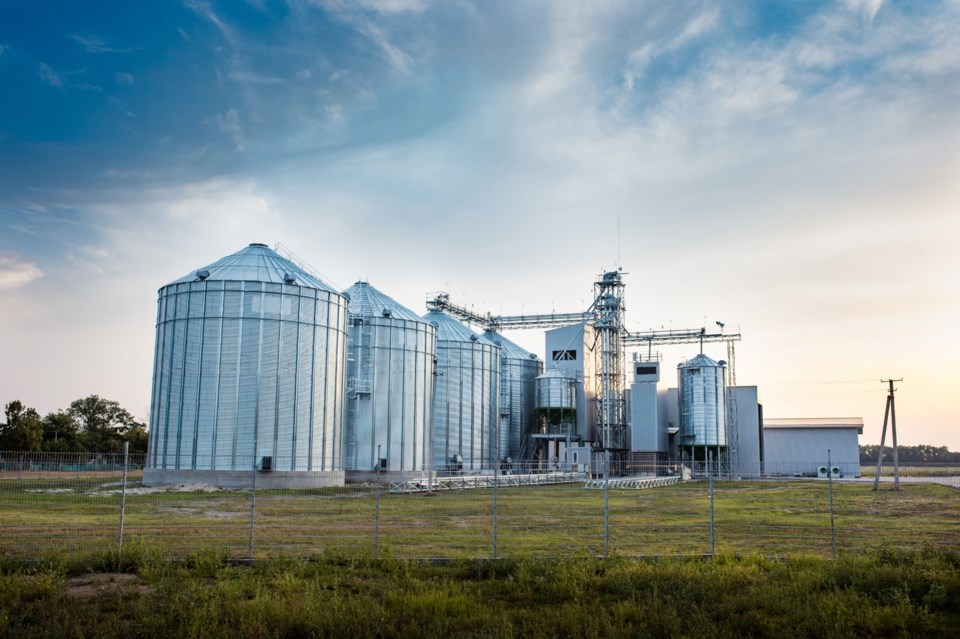SASKATOON – The Federation of Sovereign Indigenous Nations (FSIN) says it is concerned about Bill C-234, a carbon-pricing exemption for farmers.
In a press release, FSIN declares farmers should not benefit from program incentives while First Nations’ constitutionally protected rights are ignored.
FSIN says it sees the exemption for farmers as the government appeasing to its base and ignoring climate change and its impacts on the environment. The exemptions provided to farmers should concern those who are working toward creating a better environment for this generation and those to follow, the release states.
FSIN Chief Bobby Cameron calls on all levels of government to treat all interest groups equally and proclaims that the only group that should be provided exemptions are the First Nations in this country, “given that our Nations in this country are poverty-stricken, have poor infrastructure, and will ultimately feel the effects of climate change before others.”
“FSIN is willing to work with governments to find ways to reduce the impacts of climate change, and to ensure that Nations in this province receive the resources they require to address it within their territories,” said FSIN Forth Vice-Chief Heather Bear.
The Standing Committee on Agriculture and Agri-Food finished its study of Bill C-234 in November. The private member’s bill would exempt certain agricultural activities from federal carbon pricing and would amend the Greenhouse Gas Pollution Pricing Act to add natural gas and propane used to dry grain and heat livestock barns to the list of farm fuels which includes gasoline and diesel that are already exempt from the federal price on pollution. The Liberal Party opposes the Bill however it is expected to pass a vote in the house, according to FSIN.
FSIN says, the NDP and Conservative positions are that the exemption for farmers is required because they have no other viable options for fuel for grain dryers in particular. The grain dryers are used when wet weather causes the grain to be harvested with excess moisture.
The Bill also includes a sunset clause wherein the exemption will end after eight years however there’s an option to extend the exemption if there are no viable solutions after eight years. FSIN reports the Liberals contend such changes will impede development of alternative fuel sources.
“Governments must work with First Nations in Saskatchewan to address climate change and its potential impacts to our nations, given our nations’ vulnerabilities instead of continually providing advantages to the agricultural industry that destroys our environment,” Bear said.
“When government continues to provide benefits to one industry that does the most damage to our sacred waters, that’s when First Nations need to speak up and say that enough is enough.”

